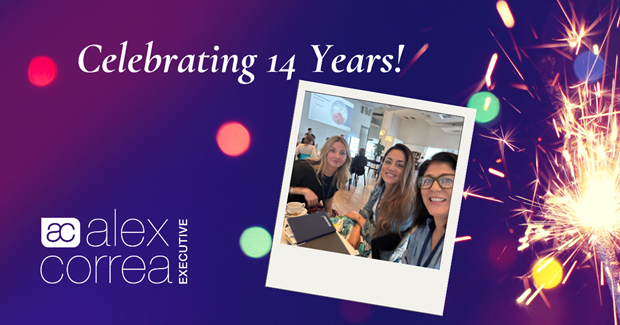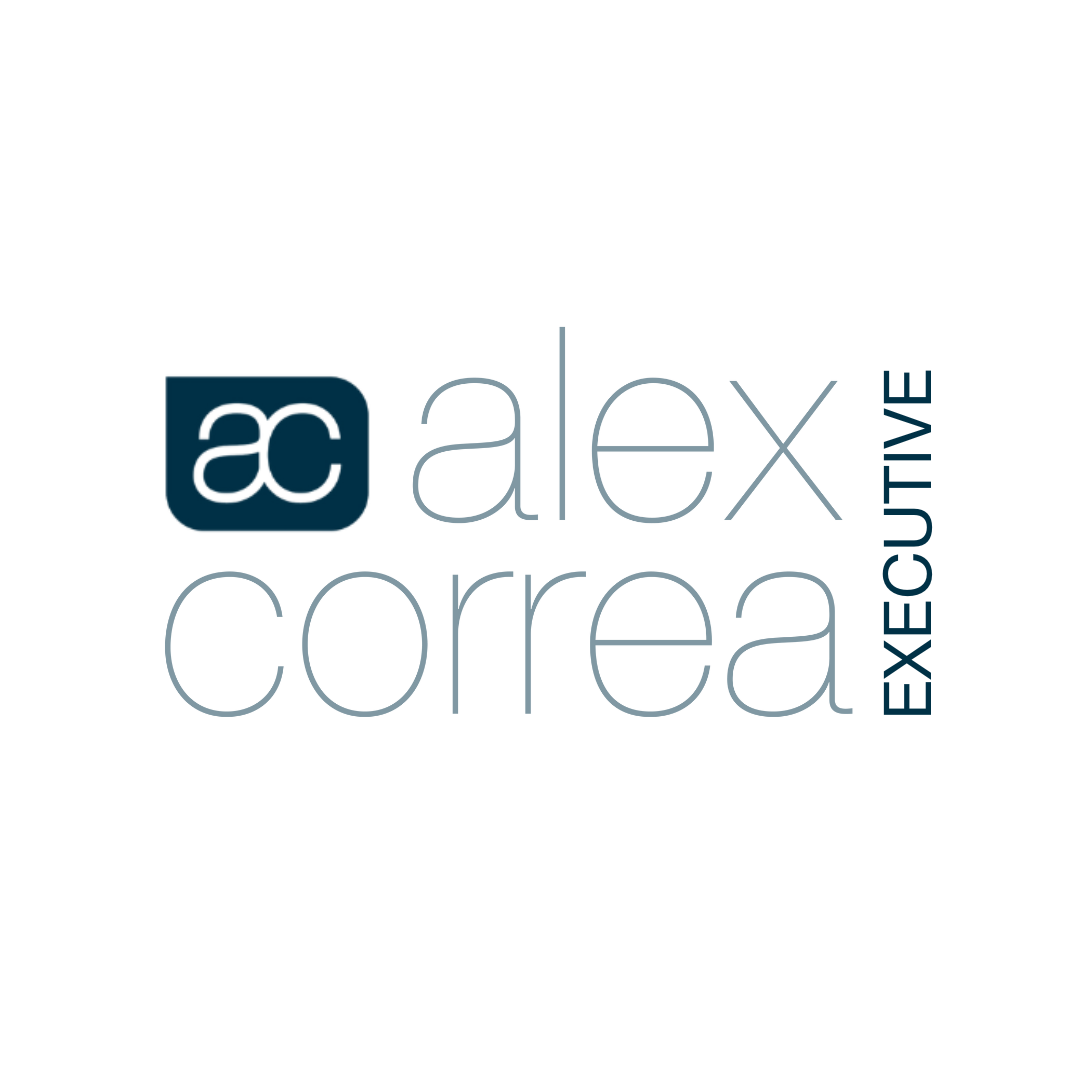
The legal profession in Queensland, like many industries, has seen significant shifts in workplace expectations, particularly in the realm of hybrid and flexible working arrangements. As recruiters who specialise in the legal sector, we have witnessed firsthand how law firms and in-house legal teams are adapting to these changes—and where challenges still exist.
The Evolution of Flexible Work Policies in Queensland Law Firms
Since the pandemic, flexible work policies have evolved considerably across law firms in Queensland. Many firms, particularly those in the top-tier, have embraced hybrid models, recognising that flexibility is a key driver of retention and attraction. These firms have the advantage of established technology, progressive policies, and structured frameworks that support remote work without compromising client service.
At the same time, we’re seeing lawyers successfully working remotely from regional areas while managing to maintain strong ties with major firms. Hybrid work is no longer a luxury but a strategic retention tool that acknowledges that lawyers at different life stages have different needs.
For example:
● Junior lawyers often prefer the office environment for networking and mentorship opportunities, as well as the important social interactions that can come from within their own peer group
● Mid-career professionals may seek a balance between office collaboration and working remotely for personal family or caring commitments
● Senior lawyers, particularly those with caregiving responsibilities, value the ability to work flexibly while ensuring their availability for clients and team management responsibilities
Progressive firms have found over time that by treating legal professionals as responsible adults, they can foster loyalty and long-term engagement.
Differences Across Firm Tiers: Who is Leading the Way?
Not all firms have embraced hybrid and flexible work equally. While top-tier firms have the infrastructure to support flexibility, mid-tier and boutique firms are seeming to require more in-office presence. These smaller firms may feel pressure to remain highly visible to clients and fear losing control over staff productivity.
That said, firms that resist flexibility entirely risk losing top talent. We’ve seen firms insist on full-time office attendance, only to struggle with attraction and retention. What is often not quite so apparent to employers, is that candidates are making choices well before they even apply for a role, actively seeking out firms that align with their work-life balance expectations.
What Legal Professionals Expect from Flexible Work Arrangements
Demand for flexibility in working arrangements is very much driven by life stages. These life stages are relevant from both a living arrangement and family commitment perspective and the point at which they may be in their career.
For example, a very junior lawyer living in a share-house may relish opportunities to come to the office, whereas a very senior lawyer with both school age children and aging parents may need more flexibility to be on hand for school events or medical appointments. There is no “one size fits all” answer to flexibility and we very much recommend that firms consider the uniqueness of an individual’s situation when they are discussing flexibility and hybrid working models.
We have found that Queensland lawyers are increasingly viewing hybrid work as a standard expectation, with most seeking a balance of 1–2 days working from home (or the option to do so if needed). Few candidates desire fully remote roles, recognising the career benefits of being in the office for networking, mentorship, incidental opportunities and professional development.
However, flexibility expectations tend to vary by role and sector:
● In-house legal teams often lean towards a higher level of office presence due to the nature of collaboration with peers and internal stakeholders
● Senior government roles continue to espouse the virtues of flexibility as their value proposition
● General Counsels are advocating for hybrid structures to distribute workloads more effectively
Firms that ignore these evolving expectations risk losing top talent to competitors who offer more adaptable working models.
Challenges Law Firms Face in Implementing Hybrid Work
Despite its benefits, hybrid work presents challenges, particularly in training junior lawyers and maintaining firm culture. Senior lawyers often want flexibility for themselves but recognize the need to be present for both mentoring and knowledge transfer.
Firms that successfully balance flexibility while fostering strong office culture implement:
● Structured mentorship programs to ensure junior lawyers receive adequate training.
● Core office days where teams are expected to collaborate in person.
● Social initiatives that keep firm culture thriving despite flexible work arrangements.
Another key concern is client service. While larger firms with robust infrastructure can manage client expectations seamlessly, smaller firms may struggle to deliver the same level of responsiveness remotely. However, innovative solutions—such as set office collaboration days—help maintain service excellence without sacrificing flexibility.
How Firms can Get it Right
There can be some mutually beneficial outcomes when employers, recruiters and lawyers think creatively. Consider the story of this Lawyer, who had to step away from the industry entirely due to demands of neurodivergent children who mainstream schooling did not suit.
The lawyer described her experience “Recently, through an interesting set of circumstances, the possibility arose of doing some fully remote legal work with extremely flexible hours, in my area of law. And I'm here to say that yesterday that work started, and I'm happy and proud to be doing this. 'Despite' my break from work, 'despite' my changed circumstances, and 'despite' the fact that I've been doing random different unpaid advocacy kinds of things, two women, a recruiter and my new boss, saw that I have something to offer”.
What a waste it would have been to the industry of her skills, the investment in her career development and experience and knowledge had an employer, recruiter and lawyer not been able to come up with a truly flexible and remote role to suit her current life stage.
How Law Firms Can Stay Competitive in Recruitment
With Queensland’s legal talent market remaining highly competitive, firms must adapt or risk missing out on top candidates. Amongst a number of trailblazers some firms already leading the way include:
● Lander & Rogers has achieved gender-equal partnerships by embedding flexible work, offering job-sharing, and eliminating mandatory office days.
● Gadens has long supported work-life balance, offering parental leave policies and accommodating diverse personal schedules.
As highlighted earlier, job-searching lawyers now curate a wish list of firms before even applying—if a firm has a rigid in-office policy, they may not even consider it. Investing in hybrid work strategies isn’t just about meeting employee demands; it’s about staying competitive in an evolving legal landscape.
What’s Next for Hybrid Work in Law?
Looking ahead, we anticipate that:
● More firms will invest in technology to enable seamless hybrid work.
● Mid-tier firms will gradually shift their stance to remain attractive to talent.
Firms that resist change will face greater talent shortages Ultimately, there is no one-size-fits-all model for hybrid work. Each firm must find its own rhythm based on business needs, team dynamics, and client expectations. Some firms will no doubt remain with an in-office working model because it works for them and that too, is fine.
However, the firms that actively embrace flexibility as a strategic advantage—rather than a concession—will be best positioned for long-term success.
If your firm is struggling with talent attraction and retention due to rigid workplace policies, let’s have a conversation. The legal workforce is changing, and firms that adapt will lead the way.
Related Articles








Alex Correa Executive is one of Queensland's leading specialists in HR and legal recruitment consulting.
NAVIGATION
QUICK LINKS
Alex Correa Executive respectfully acknowledges the Turrbul people, Traditional Custodians of the land which we live and work, and pay our respects to elders, past, present and emerging. We extend that respect to all Aboriginal and Torres Strait Islander peoples.



